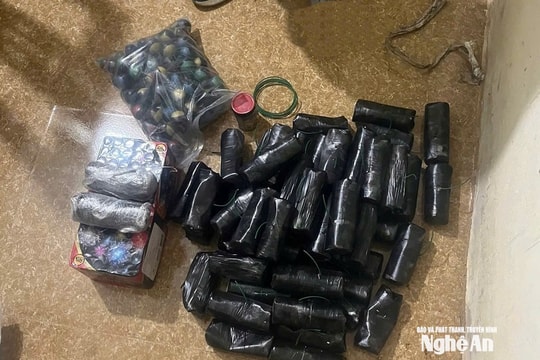5 ways to keep children safe online
It is undeniable that the internet world has penetrated into every home, every office and every corner. It has penetrated not only the life of office workers, young people, businessmen but also the world of children.
Here are Google's top five tips for parents to keep kids safe online.
1. Be smart

Always pay attention to who your child is playing with and what they are doing. Remember the advice: "Never talk to strangers." Teach your child what is appropriate to share online with only people they trust. Keep personal information about family and friends private.
2. Be vigilant
Don't be so quick to believe everything you see on social media. Be discerning between what's real and what's fake.
In a world where information is shared with the click of a mouse, there are many ugly things that creep in. It is important to help children realize that people and situations online are not always nice.
Help your child recognize the signs of a scam: Always think before you act online and learn to trust your instincts. Explain that people can sometimes use a fake identity to scam people.
3. Personal information security
Children's privacy and security are important on social media. Protecting valuable information can help keep your child safe.
Create a strong, unique password that's easy to remember, but avoid using personal information like your name or birthday. Use different passwords for different websites.

4. Be kind
The internet is a powerful communication tool but it carries many messages, both positive and negative. With social media being a big part of many children's lives, it is important to help foster appropriate social media behaviour.
Starting a conversation with your child about their internet habits and teaching them the concept of treating others as they would like to be treated will create a positive impact on others and prevent bullying behavior.
Encourage children to use the power of the internet to spread positivity and respect others' differences. Prevent the spread of harmful or untrue messages by not passing them on to others.
5. When in doubt, talk to someone you trust
Teach your child that if they feel they are in a situation that they suspect could be dangerous, they should immediately tell a trusted adult such as a parent, sibling, teacher, etc. Adults can help children resolve these issues.








